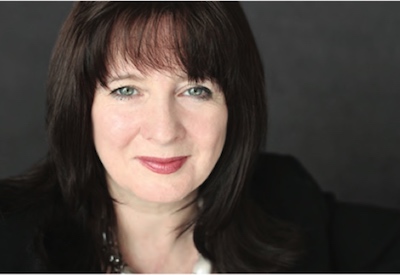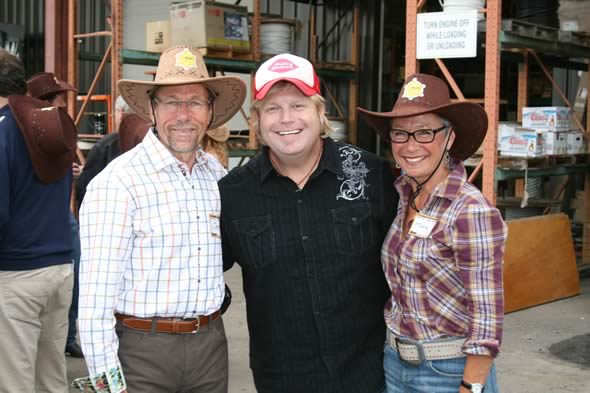Will Fear of Wall Street Impact Manufacturer Sales Organizations?

Nov 11, 2020
By David Gordon
COVID changed every manufacturer’s sales budgets in April. Aside from top line revenue and maybe salaries (due to employment reduction), the one expense line that may have changed the most is travel and entertainment. The spender of these… sales organizations.
As publicly held companies reported Q2 earnings, and are reporting Q3 earnings, a consistent theme is that they are beating estimates and earnings per share based upon cost savings. Guess which line item is frequently mentioned?
And if you consider some of the largest manufacturers in the electrical industry… they are publicly held companies.
Further, most of these companies are telling their people “no travel” until at least the end of the year and, in speaking with many, this is expected to continue into next year. In many cases it is legal concern for liability, in some it is concern for employee safety (understandable if there are medical reasons or concerns, but, if using commonsense…), and we’ve had some say, “We’re saving much and getting enough done via Teams/Zoom.”
It then begs the question of, “If public companies are saving much on T&E, how much of a T&E increase will they be able to justify to Wall Street if it reduces earnings and doesn’t increase sales?” In other words, “What is the ROI of T&E, with an emphasis on the travel side?”
And if there is no travel, how does that change the role, perhaps value, of a regional sales manager? What other sales related roles are impacted by travel (especially direct salespeople)? And, as long as we’re going here… if travel is reduced and manufacturer RSMs don’t travel, with NAED cancelling its conferences, even if a minority was willing to participate, what does this do to future industry meetings that were built around networking? What impact does this have on NAED if manufacturer travel expenditures are reduced for an extended time?
So, with travel done (or at least curtailed), ask yourself the following.
• Does the role of the regional sales manager change? How? Is it the same level of talent? Are the same number of people/territories needed?
• Are fewer needed at a “senior” level? Are more “area/territory” managers needed who can drive within their territory? And since this is a lower position, is the ROI more acceptable?
• Should RSMs be remote or at corporate (when large manufacturers go back to offices) to take advantage of idea generation and group dynamics, or have those been sufficient via virtual meetings?
• If salespeople can’t travel, does this diminish the effectiveness of a direct outside salesforce and increase the value of an outsourced salesforce?
• Can technical staff that call on engineers, that used to travel in a territory or call on EPCs, sufficiently generate demand remotely? They can support requests, but can they build the brand, build relationships and generate demand?
• If regional sales managers cannot visit distributors, what does this do to conversion opportunities? Are there opportunities for sales efforts to distributors to change, especially for direct salesforces? Can telesales groups devoted to national chains and/or preferred customers work? Is this were utilizing technology as a moat to secure relationships and increase the cost of change becomes more critical?
• If publicly held company sales management models are changed, what will be the response of privately held, small to medium-sized companies that inevitably are more nimble and easier to do business with? According to some distributors, they have already seen the effect with these companies growing at a greater rate than conglomerates! It says something about “local” decision-making.
Zoom/teams (which begs the question of “why is Zoom a verb as well as a generic term to represent a virtual meeting and teams isn’t?) meetings will be part of the longer-term sales management process, especially for transactional discussions, short meetings and more presentation style meetings, but it should not replace all meetings. There is a role for “face-to-face” (now abbreviated as F2F) so there will be some permanent travel and entertainment cost savings. The question becomes, “How much will be acceptable” or “When is there an acceptable ROI?”
It will be interesting to see how manufacturers “slowly” creep increased T&E to their budgets and if they will message this to equity analysts to prepare them for increased operational costs. The reality is that analysts impact a stock price for one day a quarter… four days a year… but senior management is concerned about “making the quarter.” Will this fear of the analysts, and therefore Wall Street, drive a redesign of manufacturer sales efforts?
David Gordon is President of Channel Marketing Group. Channel Marketing Group develops market share and growth strategies for manufacturers and distributors and develops market research. CMG’s specialty is the electrical industry. He also authors an electrical industry blog, www.electricaltrends.com. Channel Marketing Group does not engage with clients on detailed pricing strategies, however, given that pricing is a critical element of sales, marketing and growth planning, we do get asked about the topic and can share opinions and refer to those who focus on the area as well as share anecdotes. David Gordon can be reached at 919-488-8635 or dgordon@channelmkt.com.










